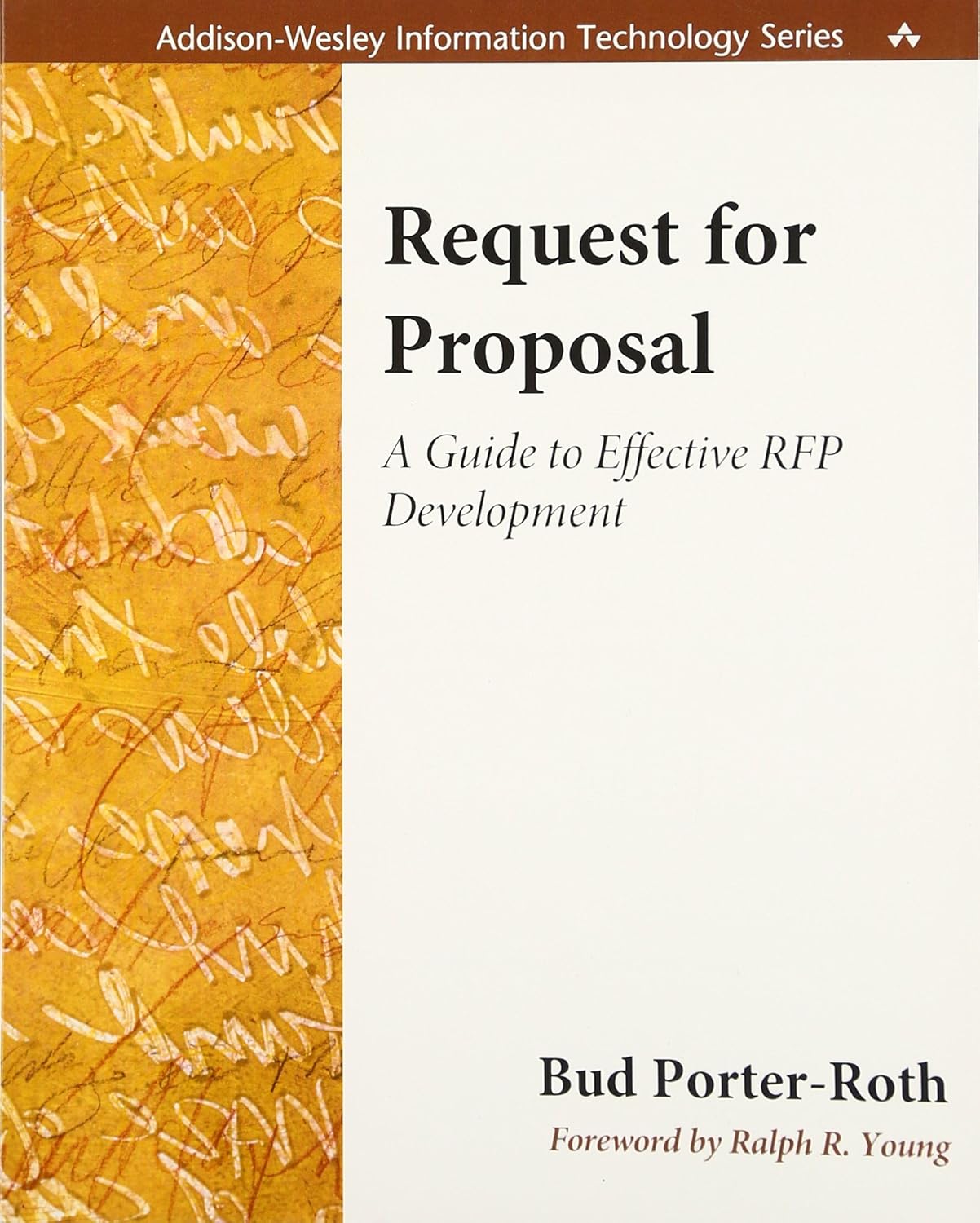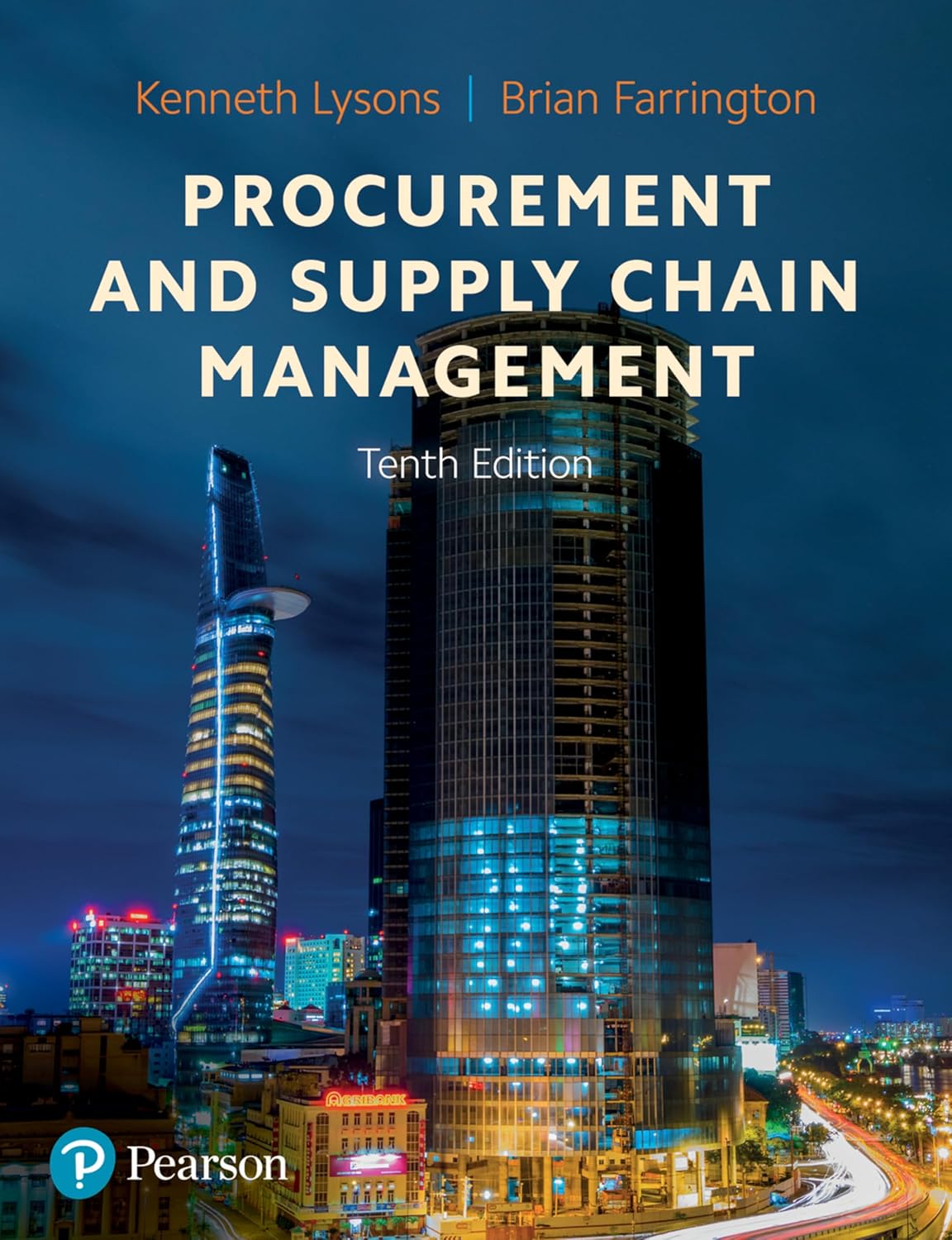
Request for Proposal
What is a Request for Proposal (RFP)?
A Request for Proposal (RFP) is a formal document that organizations use to solicit proposals from potential vendors or service providers for a specific project or service. It outlines the project requirements, objectives, and evaluation criteria, allowing companies to compare and select the best-suited provider. Public sector agencies and large private companies often use RFPs when the scope of work is complex or when competitive bidding is required. The RFP process encourages transparency, promotes fair competition, and ensures that the organization receives the best value for its investment.
An RFP typically includes background information about the issuing organization, a detailed description of the desired work, submission guidelines, timelines, and terms and conditions. Vendors respond with comprehensive proposals that include technical solutions, pricing, qualifications, and timelines. The issuing organization then evaluates the submissions based on pre-established criteria.
Key Points
- An RFP is a structured way to invite bids for complex or high-value projects.
- It helps organizations assess multiple providers based on both qualitative and quantitative factors.
- The document outlines all expectations, deliverables, and decision-making criteria.
- Vendors must tailor their proposals to meet the specific requirements stated in the RFP.
- The process is often time-consuming but essential for reducing risk and ensuring accountability.
Related Terms
- A Request for Information (RFI) gathers general information from potential suppliers before issuing an RFP.
- Companies typically use a Request for Quotation (RFQ) focused primarily on price for more straightforward procurement needs.
- The RFP documentation may include a Statement of Work (SOW) that defines specific tasks and deliverables.
- A Procurement Plan outlines an organization’s strategy and steps for sourcing goods or services, including issuing an RFP.
- Organizations implement Contract Management after an RFP leads to a signed agreement. It ensures that they follow the terms and achieve outcomes.
Request for Proposal: Example
A government agency needs a new IT system to manage public records. Because the project is complex and requires specialized expertise, the agency issues an RFP to technology vendors. The document outlines the system requirements, data security needs, timeline, and budget. Several vendors respond with detailed proposals. After evaluating the submissions based on cost, experience, and technical approach, the agency awards the contract to the vendor that offers the best value and meets all criteria.
Request for Proposal: Best Practices
- Clearly define the project goals, scope, and evaluation criteria in the RFP document.
- Allow adequate time for vendors to prepare detailed and thoughtful proposals.
- Ensure transparency and fairness throughout the evaluation process.
- Engage cross-functional teams in writing and reviewing the RFP to capture all necessary requirements.
- Communicate openly with vendors to clarify questions and promote quality submissions.
Additional Resources
Preparing for a PMI certification?
- Exam Prep Courses: PMP®, CAPM®, and PMI-ACP®
- Exam Simulators: PMP®, CAPM®, PMI-ACP®, PMI-PBA®, PMI-RMP®, PMI-SP®, PgMP®, and PfMP®
- Professional Development Units (PDUs): 15, 30, and 60 PDU Bundles




